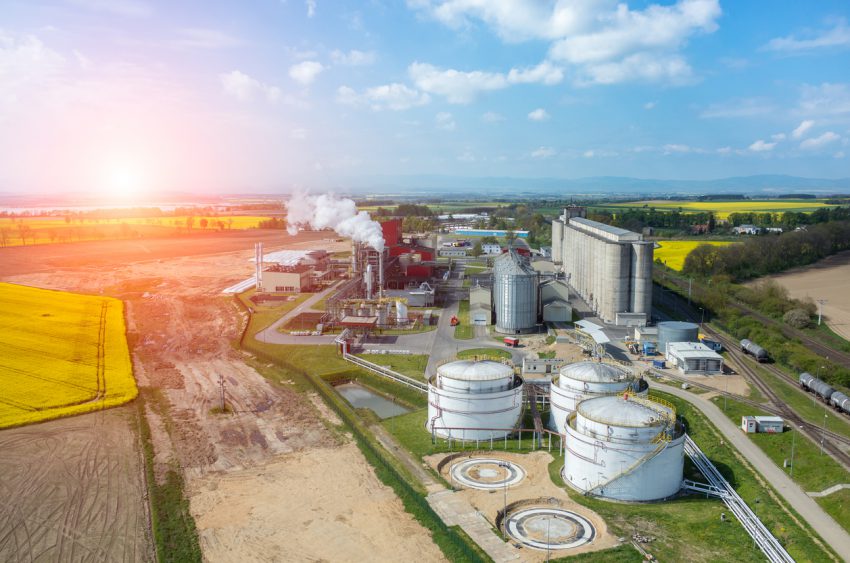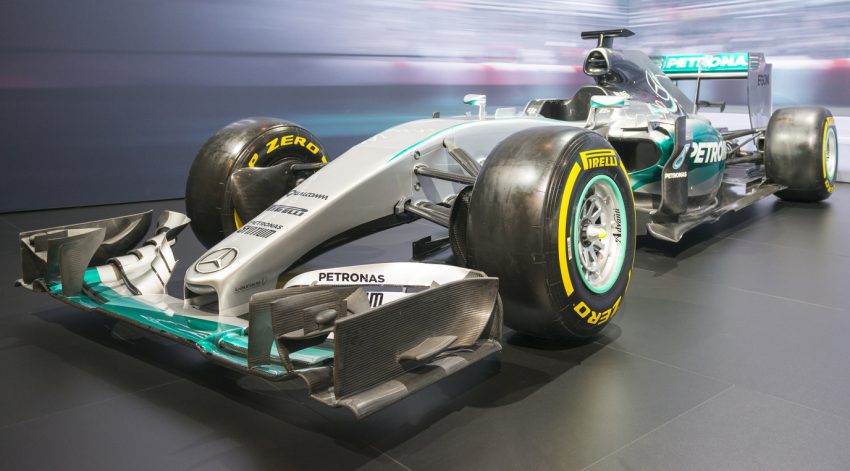
You might have heard of synthetic fuel. It’s a way to power regular combustion engine cars in a less polluting way.
If we’re learning one thing, the planet does need to clean up its act. Burning fossil fuels to get around isn’t great for anyone’s future. But neither is it possible to immediately change all our cars to zero emissions electric vehicles (EV). And that’s where synthetic fuel comes in.
What is synthetic fuel?
This is fuel that replaces predominantly petrol in combustion engine cars. It looks like petrol and smells similar to it aswell.
Scientists design synthetic fuel to be what they call a ‘drop-in’ fuel. That means drivers can use it to replace petrol without any modification to the engine.
Just like petrol, you fill your car up with the new fuel from a pump. And the fuel produces the same energy from the same volume of liquid as regular petrol so drivers shouldn’t notice any reduction in performance either.
Why is synthetic fuel better for the planet?
Currently, petrol and diesel are part of the oil refining process. They are fossil fuels and release carbon when engines burn them. This contributes to potentially devastating climate change.
Synthetic fuel is manufactured using an industrial process. As with fossil fuel, they do emit carbon when they burn. But experts consider them to be carbon neutral because the carbon they give off is what they removed from the atmosphere during their creation.
To be truly net-zero in carbon output, the fuel must be created using carbon-free energy.

Will it keep combustion engines alive?
That is the aim. Even though the UK will ban the sale of new combustion engine cars from 2030, the EVs replacing them will only make up around a third of all cars, even by 2040.
Using synthetic fuel is a way for those who wish to keep driving non-electric cars to do so in a more sustainable way.
For classic car enthusiasts, it is good news too. There’s currently an expanding industry removing engines from classics and replacing them with electric motors and battery packs. Using synthetic fuel is an environmentally cleaner way for cars to continue using their original engines.
How likely is synthetic fuel to be part of life?
Very. The organisation that oversees Formula One has already said the sport will run entirely on sustainable synthetic fuel from 2026 onwards. The fuel used in this elite level of motor sport is going to be the same as that available to the regular production cars we all drive.
The RAF is already pledging to use sustainable fuels to power its jet aircraft.

What makes synthetic fuels?
The fuel is made from what’s known as biomass. This is plant-based material, often agricultural waste, that is used to generate ethanol. The process can also use domestic waste or even algae.
Whatever the raw material, it must be degassed to remove the oxygen and water. That leaves hydrogen and carbon which an industrial process catalyses into a hydrocarbon. And that’s essentially what petrol is.
One major difference between synthetic fuel and traditional fossil fuels is the latter contain 200 or more ingredients. Synthetic fuels have between six and 10 constituents.
Companies making these fuels are confident there’s sufficient waste materials to produce enough fuel to supply all land-based vehicles going forwards. Producing the vast amounts for shipping and commercial airliners is not as straightforward.
I prefer synthetic fuels. I love hearing the roaring sound of my engine. I really hope that synthetic fuels are a permanent solution of the future in order to save internal combustion engines, especially the classic cars and classic muscle cars. I love classic muscle cars.
As long as the biomass is taken from waste, and does not take land away from growing essential foods (as was done with the jojoba scandal), then it will be a way forward. Electric cars are a dead end due to the carbon cost in producing them which far outweighs any gain from operating them.
Synthetic fuels require five times more energy to produce than direct electrification such as batteries. Business and consumers will always take the cheapest solution. Manufacturer’s are findin it is really difficult to produce 100% climate neutral fuels and are lobbying the EU commission to allow fuels that are less neutral – at 70% – to be labelled as Climate Neutral. We are fooling ourselves if we carry on down this road (pun not intended). The Chinese are coming with their fleets of EVs while we waste time – and energy – (pun intended!) On a technology that will only ever be niche.